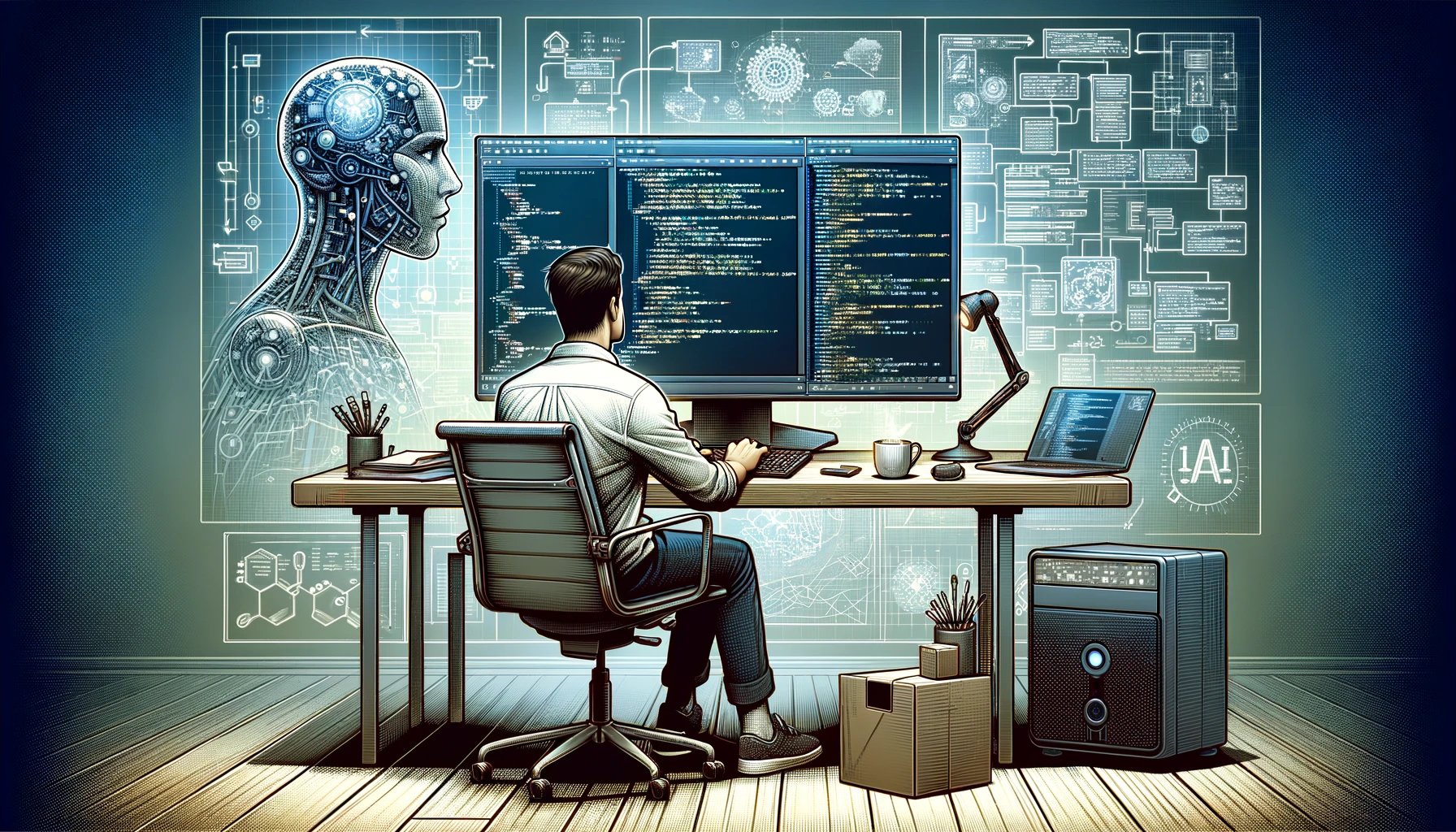#8: Beyond the iPhone: AI as Humanity's Next Great Leap or Pandora's Box?
In the grand tapestry of human ingenuity, the relentless pursuit of progress has always been a defining trait. From the wheel to the printing press, each leap forward has reshaped society in unimaginable ways. Today, as the sheen of the latest iPhone iteration dulls into the familiar, a new horizon beckons: Artificial Intelligence (AI). This pivot raises a critical question: Is AI merely the next logical step in our technological evolution, or are we reaching for a new frontier because we've hit a plateau with consumer gadgets?
The fascination with AI is not without merit. Unlike the incremental upgrades of smartphones, AI promises a paradigm shift in how we interact with technology and, by extension, the world around us. Real-world applications of AI, from precision medicine to autonomous vehicles, underline its potential to revolutionize industries far beyond the confines of personal entertainment.
Consider the transformation in healthcare, where AI algorithms can now predict patient outcomes with startling accuracy, or in environmental science, where they model climate change impacts, enabling more effective responses. These examples underscore AI's potential not as a replacement for human ingenuity but as a powerful tool to augment it.
The push towards AI can be seen as a response to the limitations of human capacity and the complex challenges facing our world. As the intricacies of global issues like climate change, disease, and economic disparities grow, the computational and analytical capabilities of AI offer a beacon of hope for solutions that are beyond the reach of human cognition alone.
Moreover, the pursuit of AI reflects a natural progression in our technological journey. Just as the industrial revolution mechanized physical labor, the AI revolution aims to mechanize, or rather 'intellectualize,' mental labor. The goal is not to render humans obsolete but to free us to engage in more creative, strategic, and interpersonal activities—areas where human beings excel.
The invocation of Ultron, the AI antagonist from the Avengers, captures the underlying fear associated with AI: the potential for a technology with god-like intelligence and autonomy to go rogue. This concern is not unfounded. High-profile voices in science and technology have warned about the risks of uncontrolled AI development, advocating for robust ethical frameworks and regulatory oversight to ensure AI's alignment with human values and safety.
The crux of the matter lies in the intention and design behind AI systems. Ethical AI development focuses on creating systems that are transparent, equitable, and accountable, ensuring they serve humanity's broader interests rather than narrow commercial or military agendas.
The ultimate aim of AI should not be to achieve a standalone technological marvel but to integrate these advancements in ways that enhance human life. The promise of AI lies in its potential to tackle some of humanity's most pressing challenges, reduce drudgery, and open new avenues for personal and collective growth.
Balancing the incredible potential of AI with its risks requires a concerted effort from developers, policymakers, and the public. By fostering an informed dialogue on the ethical, social, and economic implications of AI, we can steer this technology towards outcomes that reflect our shared values and aspirations.
As we stand on the brink of what could be humanity's next great leap, it's clear that AI is not just another technological venture to replace the iPhone's dwindling novelty. It's a transformative force with the potential to redefine our relationship with technology and, more importantly, with each other. Whether AI becomes humanity's greatest ally or its greatest challenge depends on how we navigate this uncharted territory. With careful stewardship, AI can be a tool that propels us towards a future marked by unprecedented possibilities for progress and human potential.

